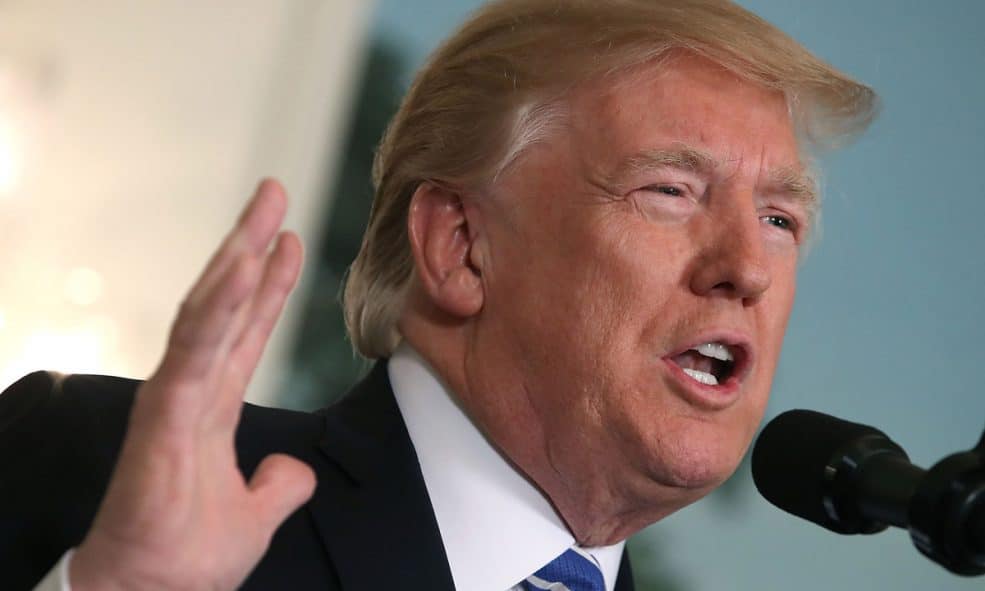We’re about two months into the era of Republican-controlled federal government, and the sky hasn’t yet fallen on legal marijuana. The new attorney general, former U.S. Sen. Jeff Sessions of Alabama, and White House press secretary Sean Spicer have both rumbled about a coming crackdown, but the industry is steadfast nonetheless, forging ahead into new markets, adding more businesses and investors.
That’s not to say that everything is hunky-dory, though — lawmakers are scrambling at both the state and federal levels to insulate the industry from potential legal troubles.In Congress, two legislators from Colorado’s delegation have introduced measures to resolve certain points of tension in marijuana policy as part of a “Path to Marijuana Reform” legislative package brought by the new, bipartisan Congressional Cannabis Caucus.
U.S. Rep. Jared Polis, D-Boulder, wants to “regulate marijuana like alcohol” by moving it from under the Controlled Substance Act to the part of U.S. code that deals with “intoxicating liquors.” The Bureau of Alcohol, Tobacco, Firearms and Explosives would get oversight authority, funded by a federal permitting process. U.S. Sen. Michael Bennet, also a Democrat, is a co-sponsor of the The Small Business Tax Equity Act of 2017 — a measure to let cannabis businesses deduct sales-related expenses, just like any normal business would.
Though the Internal Revenue Service demands all income be reported (even that earned through less-than-legal means), in 1981, Congress barred deductions “if such trade or business consists of trafficking in controlled substances” after a cocaine dealer tried to deduct ordinary business expenses from his federal taxes. Because of Section 208E in the Internal Revenue Code, cannabis businesses often pay nearly twice the amount of federal taxes as non-cannabis businesses do.Bennet’s legislation would exclude state-legal cannabis businesses from Section 208E.
“Cannabis businesses aren’t asking for tax breaks or special treatment,” National Cannabis Industry Association executive director Aaron Smith commented in a release promoting the bill. “They are just asking to be taxed like any other legitimate business.”
Also at the national level, big names in the marijuana industry have come together to launch a lobbying effort in Washington, D.C., on behalf of legalized pot states. As The Cannabist first reported, the new 501(c)4 “social welfare organization” called the New Federalism Fund boasts members that include well-known Colorado companies like LivWell Enlightened Health, Dixie Elixirs and Native Roots. According to its website, the New Federalism Fund is advocating for fair taxation, states’ rights and the expansion of the recreational marijuana industry.
But, in case federal lawmakers don’t act fast enough, state lawmakers have a backup plan of their own. Pending legislation would let Colorado’s recreational weed growers reclassify their plants as medical, should the feds come knocking. The bulk of SB192 deals with letting pot shops do home delivery, but there’s also verbiage in there to create a back door for retailers to quickly move their inventory to a medical dispensary. Of course, medical is taxed less than recreational pot at the state level, so such a reclassification would lower revenues and jeopardize certain appropriations (including, for example, the governor’s bid to fund affordable housing development with marijuana tax cash). Hence, the bill would only allow a one-time transfer “based on a business need due to a change in local, state, or federal law or enforcement policy” — not just a desire to pay fewer taxes. The goal there is to protect Coloradans’ investments in the risky business that is the legal weed industry.
Meanwhile, state lawmakers are also hoping to prevent a federal crackdown in the first place. To do that, they’re trying to prove they’re capable of stamping out the black market entirely by tightening home grow regulations that supposedly let drug traffickers fly under the radar post-Amendment 64. HB1220, which would lower the legal plant limit for medical grows to 12 per residence (or 24 with special registration), passed the legislature and awaits the governor’s signature. While opponents of the bill worry that patients’ right to grow their own plants will be irrevocably curtailed, proponents argue that empowering local law enforcement to keep abuses in check will keep the feds at bay.
credit:csindy.com













